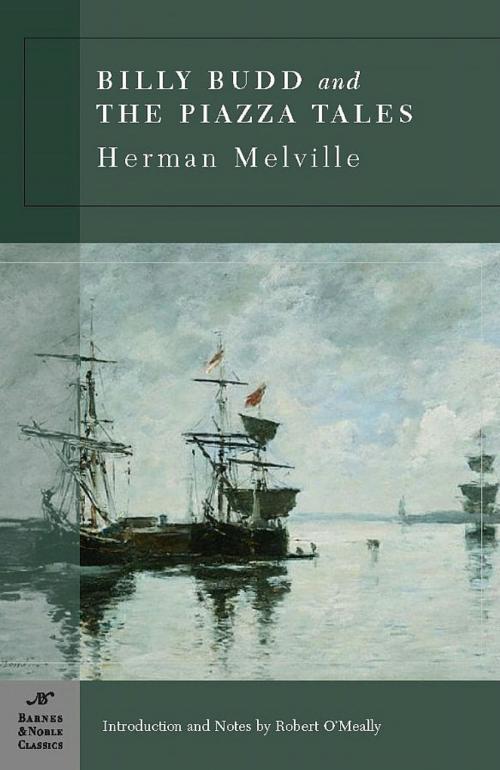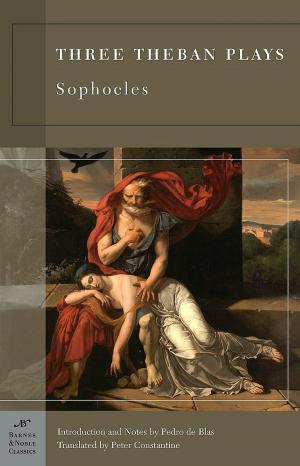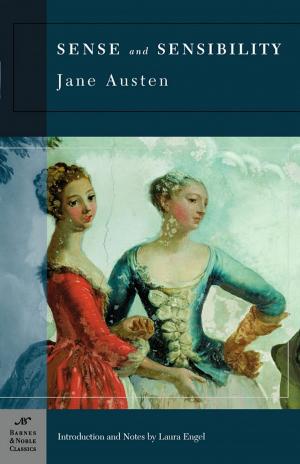| Author: | Herman Melville | ISBN: | 9781411433595 |
| Publisher: | Barnes & Noble Classics | Publication: | June 1, 2009 |
| Imprint: | Barnes & Noble Classics | Language: | English |
| Author: | Herman Melville |
| ISBN: | 9781411433595 |
| Publisher: | Barnes & Noble Classics |
| Publication: | June 1, 2009 |
| Imprint: | Barnes & Noble Classics |
| Language: | English |
- New introductions commissioned from today's top writers and scholars
- Biographies of the authors
- Chronologies of contemporary historical, biographical, and cultural events
- Footnotes and endnotes
- Selective discussions of imitations, parodies, poems, books, plays, paintings, operas, statuary, and films inspired by the work
- Comments by other famous authors
- Study questions to challenge the reader's viewpoints and expectations
- Bibliographies for further reading
- Indices & Glossaries, when appropriate
Largely neglected in his own lifetime, Herman Melville mastered not only the great American novel but also the short story and novella forms. In Billy Budd and The Piazza Tales, Melville reveals an uncanny awareness of the inscrutable nature of reality.
Published posthumously in 1924, Billy Budd is a masterpiece second only to Melville’s Moby-Dick. This complex short novel tells the story of “the handsome sailor” Billy who, provoked by a false charge, accidentally kills the satanic master-at-arms. Unable to defend himself due to a stammer, he is hanged, going willingly to his fate. Although typically ambiguous, Billy Budd is seen by many as a testament to Melville’s ultimate reconciliation with the incongruities and injustices of life.
The Piazza Tales (1856) comprises six short stories, including the perpetually popular “Benito Cereno” and “Bartleby,” a tale of a scrivener who repeatedly distills his mordant criticism of the workplace into the deceptively simple phrase “I would prefer not to.”
- New introductions commissioned from today's top writers and scholars
- Biographies of the authors
- Chronologies of contemporary historical, biographical, and cultural events
- Footnotes and endnotes
- Selective discussions of imitations, parodies, poems, books, plays, paintings, operas, statuary, and films inspired by the work
- Comments by other famous authors
- Study questions to challenge the reader's viewpoints and expectations
- Bibliographies for further reading
- Indices & Glossaries, when appropriate
Largely neglected in his own lifetime, Herman Melville mastered not only the great American novel but also the short story and novella forms. In Billy Budd and The Piazza Tales, Melville reveals an uncanny awareness of the inscrutable nature of reality.
Published posthumously in 1924, Billy Budd is a masterpiece second only to Melville’s Moby-Dick. This complex short novel tells the story of “the handsome sailor” Billy who, provoked by a false charge, accidentally kills the satanic master-at-arms. Unable to defend himself due to a stammer, he is hanged, going willingly to his fate. Although typically ambiguous, Billy Budd is seen by many as a testament to Melville’s ultimate reconciliation with the incongruities and injustices of life.
The Piazza Tales (1856) comprises six short stories, including the perpetually popular “Benito Cereno” and “Bartleby,” a tale of a scrivener who repeatedly distills his mordant criticism of the workplace into the deceptively simple phrase “I would prefer not to.”















